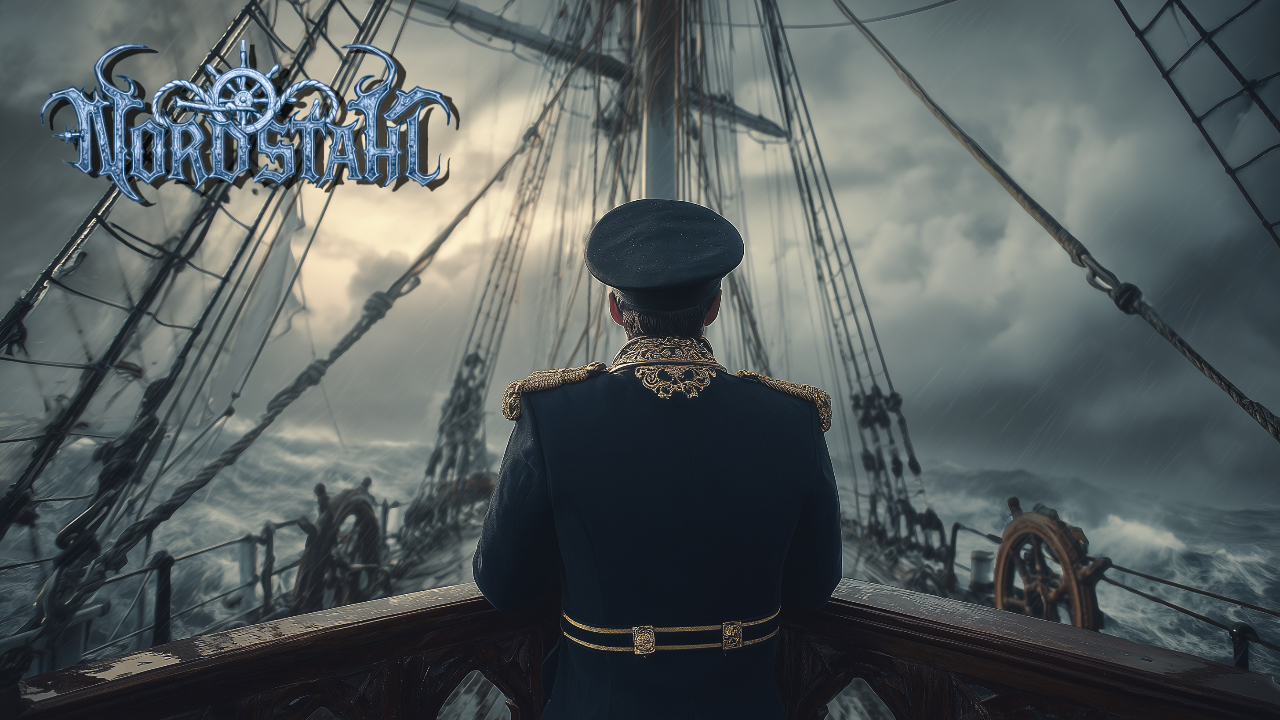Hamburg-based artist NORDSTAHL takes the time-worn ballad of a ghost ship and spins it in a firmly human direction, with his single, Das Geisterschiff. Sung in haunting German, the song takes the audience into a huge empty sea where there is regret, guilt and fate sailing together.
Nostalgia or easy comfort are not what NORDSTAHL is all about. With the use of the folklore of a Flying Dutchman, Das Geisterschiff takes the form of symbolism in terms of carrying our mistakes, the mistakes which we cannot reverse. Ripped canvas and broken oars and a floating boat are used as an icon to signify lives that are burdened with the decision that cannot be undone.
The imagery is as dense as the music Profound, low-toned vocals are carried over minimalist instrumentations, resulting in a gritty soundtrack the notes of which sound out as a premonition. The musical instrumentation is not very rich and their solemn chords go well with the fundamental feeling of loneliness.
The most appealing to the ear are the words that NORDSTAHL sings in the bridge: “God is distant, the beast reigns here.” It is a controversial sentence which gives the story a theological twist, throwing some disturbing questions about faith, punishment, and human, frailties.
What is so strong about Das Geisterschiff is its frankness The song does not give disposable solutions and salvation. Rather, it examines the bottomless nature of what we do– which has a great deal of relevance in a world of digital permanence and ecological degradation. Nevertheless, the song is not depressing. There is gravitizing in its poetry, its air clutches with veracity.
It is not another gloomy ballad It is a complete descriptive journey–a journey that communicates across boundaries of cultures and languages. Anyone who has ever been a victim of their past will consequently feel at least familiar with NORDSTAHL s ghost ship, a reflection on the water always showing the difference between past mistakes that always seem to run parallel to their future.








